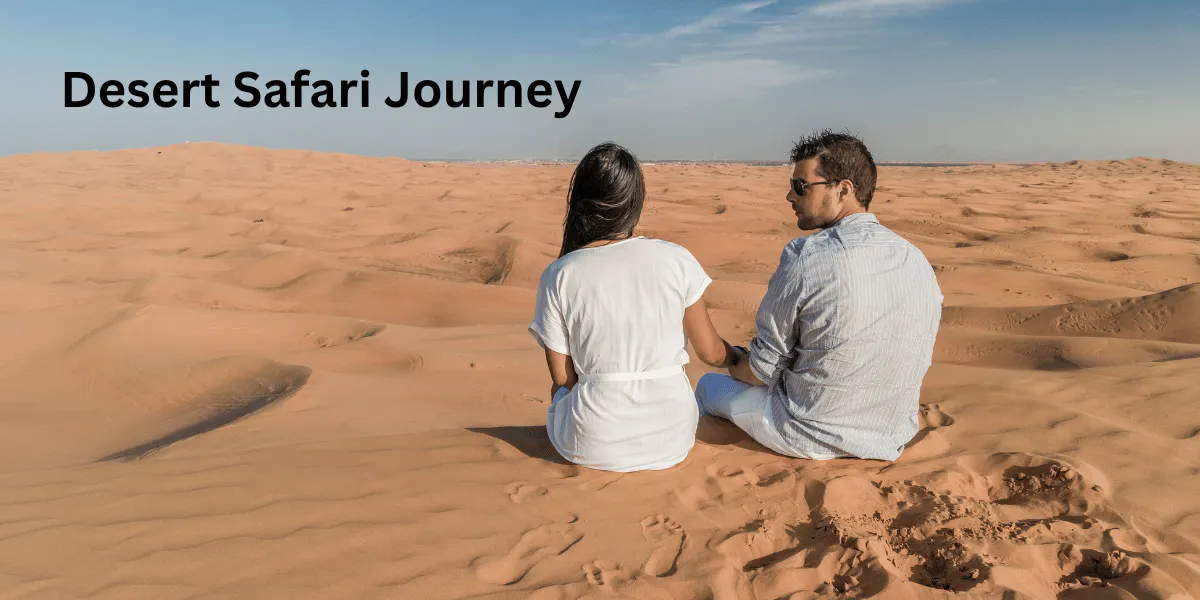Camels have played an essential role in the history and culture of the United Arab Emirates (UAE), serving as companions, transporters, and sources of sustenance for the Bedouin tribes. From ancient trade routes to modern tourism, camels remain deeply embedded in Emirati heritage. This article explores their enduring significance and how they continue to shape the UAE’s identity.
Camels in Ancient Trade and Bedouin Life
For centuries, camels, often referred to as the ‘ships of the desert’, were the primary mode of transport across the vast Arabian deserts. Bedouins relied on camels for:
- Transportation: Caravans of camels carried traders and goods along the Silk Road and spice trade routes.
- Food and Sustenance: Camels provided milk, meat, and even clothing from their hides and wool.
- Survival in Harsh Conditions: Their ability to endure long journeys without water made them indispensable to desert life.
The Role of Camels in Emirati Traditions and Celebrations
Camels are not just historical relics but remain a vibrant part of Emirati culture today. They are featured in:
Camel Racing
- A beloved national sport, with robot jockeys replacing human riders to ensure fair play and safety.
- Events held at prestigious race tracks, attracting local and international spectators.
Camel Beauty Pageants
- Competitions like the Al Dhafra Festival celebrate the finest camels based on physical attributes and lineage.
- Prize-winning camels can fetch millions of dirhams, reflecting their high value in Emirati society.
Cultural Festivals and Heritage Experiences
- Events such as the Sheikh Zayed Heritage Festival showcase the historical connection between camels and the UAE.
- Tourists can enjoy camel trekking experiences that provide insight into Bedouin traditions.
Camels in Modern UAE: Tourism and Economy
While camels were once vital for survival, they now play a significant role in the UAE’s tourism and economy:
- Desert Safaris: Many visitors opt for camel rides to experience the traditional way of traversing the dunes.
- Camel Dairy Industry: The UAE has developed camel milk farms, with products such as camel milk chocolates gaining popularity.
- Cultural Tourism: Museums and heritage villages offer immersive experiences where tourists can learn about camel husbandry.
Conclusion
The cultural significance of camels in the UAE goes beyond history it is a living tradition that continues to thrive. Whether through racing, tourism, or heritage festivals, camels remain an iconic symbol of Emirati resilience and pride. As the UAE advances into the future, it ensures that this treasured connection endures for generations to come.
















